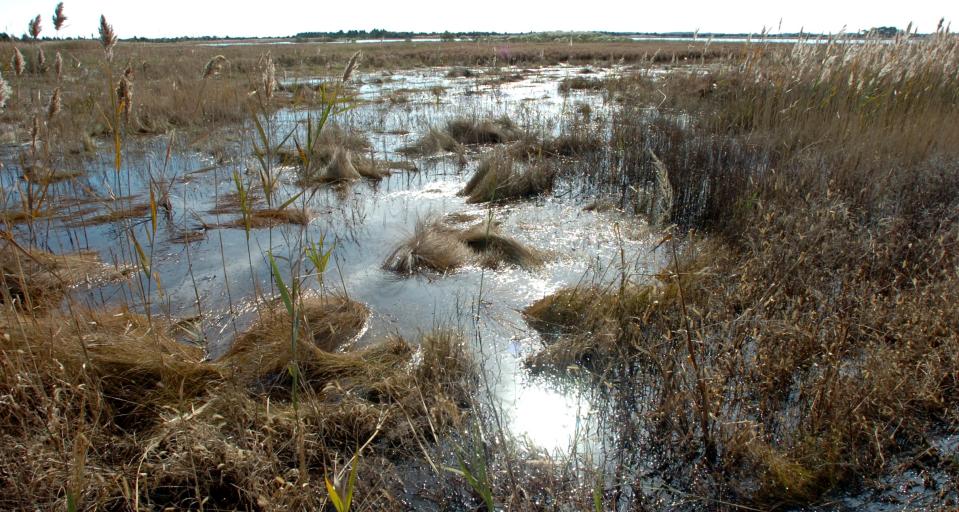Freshwater wetlands are nature's superheroes. Delaware must protect these precious resources
Freshwater wetlands are nature’s superheroes. Covering nearly 25% of Delaware’s land area, freshwater wetlands are a vital part of our natural heritage and a key component of the First State’s healthy ecosystems. Wetlands are working wonders: during heavy rainfall, they are the first line of defense to soak up and slow down floodwaters. As greenhouse gases continue to threaten our planet’s health, wetlands act as a natural carbon sink and provide important habitat for numerous wildlife species, including many of our state’s threatened or endangered species. Yet, despite losing thousands of acres of freshwater wetlands over the past century, Delaware is the only Mid-Atlantic state without its own program to protect non-tidal wetlands.
Last year’s Supreme Court’s ruling in Sackett v. EPA sharply limited the Environmental Protection Agency’s authority to regulate certain waterways, undoing decades of federal protections under the Clean Water Act and leaving approximately 75,000 acres of Delaware freshwater wetlands unprotected. Today, only freshwater wetlands considered connected to a navigable waterway with a continuous surface connection will fall under federal jurisdiction, resulting in over half of the country’s wetlands — including many in Delaware — being stripped of critical safeguards.

Senate Bill 290 fills the void left by Sackett by requiring the state to establish state protections for freshwater wetlands while also affirming the existing state coastal wetlands program. We must increase local protection for federally unregulated freshwater wetlands and establish a consistent regulatory structure for navigation, permitting and recreation.
The ecological consequences of widespread freshwater wetland loss would be severe: marshes would no longer filter pollutants or mitigate stormwater overflow, resulting in increased water contamination and flood damage. Many of our state’s most cherished plants, animals, birds and fish could see drastic reductions in their habitats.
Opinion: Delaware can kiss the problems with our schools goodbye. Here's how we can improve
Wetlands are conservation heroes and we cannot take their future for granted. We ask members of the public to reach out to your state legislator to ask them to support SB 290 and urge the Delaware General Assembly to pass the legislation to ensure the continued health and well-being of these First State natural treasures before it’s too late.
State Sen. Stephanie Hansen is the Chair of the Senate Environment, Energy and Transportation Committee and represents Delaware’s 10th Senate District. Keith Fisher is the Conservation Director for The Nature Conservancy in Delaware and Pennsylvania.
This article originally appeared on Delaware News Journal: Delaware wetlands must be protected. Here's how

